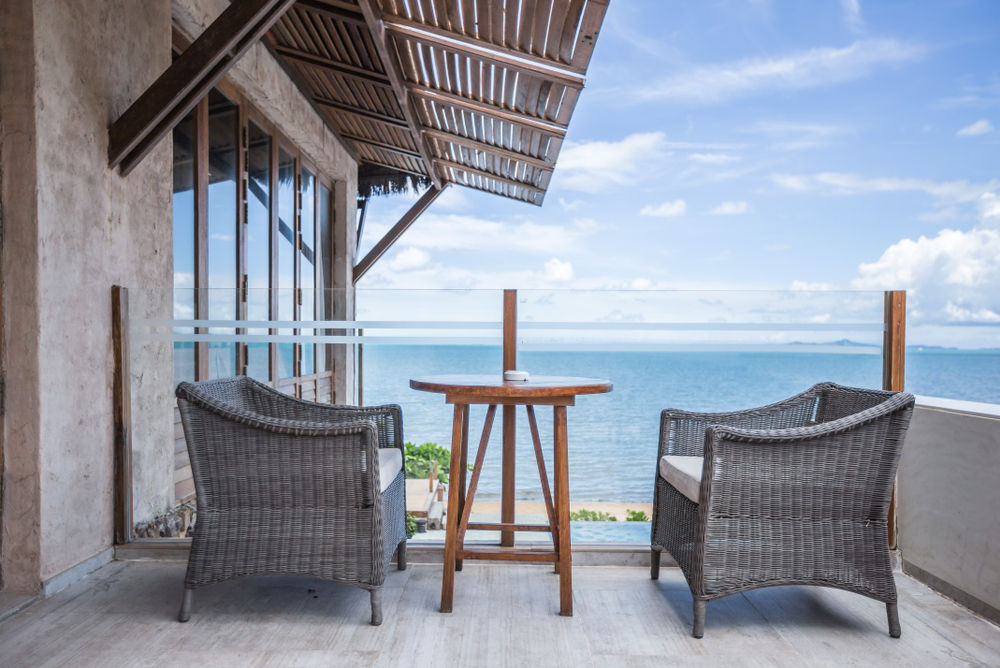
China’s business media Meadin recently released a report on the development of China’s alternative accommodation industry in 2020-2021.
Alternative accommodation in 2020
With the support of local and provincial governments, alternative accommodation has become a driving force for transforming rural tourism and upgrading the tertiary industry. In 2020, local governments released regulations and initiated subsidy programs to promote the sector’s recovery. Zhejiang province took the lead by offering up to RMB 1 million (USD 155,000) of subsidies to short-term rental hosts. Most regions nation-wide saw growth in this sector despite Covid-19, with the southeastern region becoming the fastest-growing market.
Boutique accommodation in China has been increasing rapidly for the past decade, driven by economic growth and healthy development of the overall travel and accommodation industry. The CAGR of such accommodation reached 27% during the period, but the growth of this segment slowed down in 2020.
First-tier cities and key tourist destinations introduced overseas brands to local markets, but the brands had to deal with challenges in localizing their operation before they could think about expansion.
Local boutique hotel brands including Shilily and Naked Group had accelerated expansion in recent years. But domestic boutique brands still accounted for less than 1% of the Chinese market, according to the report. For further development, they needed to shorten the cycle of return on investment and expand targeted customer base.
Branded properties accounted for just 5.6% of the alternative accommodation market, which was dominated by mid- and small-sized brands.
To alleviate the impact of Covid-19, China’s alternative accommodation owners/managers explored new revenue sources, such as online marketing, live-streaming sales, extended-stay rentals, as well as new services and products. With Covid-19 largely under control in China, rural and local tourism continued to play a leading role in industry recovery, which in turn generated greater momentum for increasing bookings and occupancy of boutique hotels and shared homes since last May.
Chinese vacation rental platform Tujia reported that its bookings had returned to 65% of the 2019 level, indicating an increase of 200% on a month-on-month basis. In Beijing, 381 out of 699 rural shared homes resumed operation with the average occupancy rate reaching 90% during the May Day holiday.
Brand index
The brand index of boutique hotels was nudging closer to the levels of midscale and domestic upscale hotels, according to the report. Although lagging behind in brand awareness compared with boutique hotels, shared homes had the greatest potential for growth. But in general, both boutique hotels and shared homes only saw single-digit growth in brand index.
The top 10 boutique hotel brands represented a wide range of styles, including international brands Banyan Tree and Indigo, as well domestic brands such as Blossom Hill and Soocor.
The top 10 shared homes were mostly located in the Yangtze Delta area and southeastern China. The development of shared homes in these regions had matured, while owners in other regions were still exploring their own patterns.
Trends of alternative accommodation in 2021
At the early stage of the outbreak last year, China’s homestay industry was severely hit. The occupancy rate plummeted 70.3%. The ADR was halved compared to the same period of 2019. The RevPAR plunged more than 80%, according to the China Hospitality Association.
Data from enterprise information provider Qichacha showed that over 13,000 hotel-related companies withdrew from registration in the first quarter of 2020.
Under such circumstance, it’s key for hotels and alternative accommodation owners to improve operation and marketing capabilities.
The pandemic has changed consumer habits and preferences. With the resurgence of the coronavirus in many countries and the recession of the global economy, private and boutique group trips are gaining popularity, which is conducive to the growth of boutique hotels and premium short-term rental properties.
As business and leisure travelers tighten their travel budgets and many companies encourage working from home, midscale shared homes for affordable leisure travel have also become increasingly popular.
However, as lower-end consumers have limited purchasing power, economy-type shared homes will not see a significant recovery in the short term.
The crisis has presented challenges for the homestay industry, but it has also given owners an opportunity to rethink their operation models. They will leverage advanced technologies to improve the quality of products and services. Joint efforts will be made to establish membership and a sustainable ecosystem.




